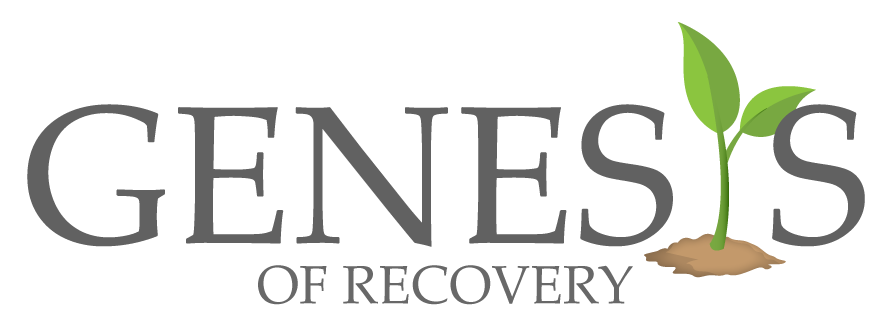Some thoughts on intervention today, For the families out there:
The Families of an addicted person play a much larger role in the recovery process than many have originally thought or believed. In fact, most of the time, it is the Family that reaches out to us asking for help with their special person. There are times, however, when the addict themselves reach out with a willing heart, but it is a bit more rare than the initial contact being from a concerned family member. And there is a very simple explanation for that- The family is witnessing it, and the addict is stuck in it and often times, stuck in denial and feels powerless to do anything about their addiction, so they just continue to use to numb the wreckage that their using is causing. And on the vicious cycle continues. But when the family has the where with all to take action- and brings someone in to disrupt the patterns unfolding and provides the family, and the addict with a safe place to land- that’s when things start to change.
In my experiences, the addicted person is much more ready for change than you may think. But they’re stuck in the family’s status quo. You didn’t get to “this point” over night- it is the result of a long series of compromises, manipulations, bargaining, unfulfilled promises, and unprotected boundaries. So because of the love in the family, the love and long history with the addict- we get stuck in this often times years long “dance”. We get so used to what is, that we lose sight of what could be. And families tend to get the “whats the use?” Mindset. Families have often times intervened hundreds of times on their person. You have pled, threatened, prayed, promised, etc… everything you could to no avail. I believe that this is often times a barrier to families helping their loved one. But when you utilize someone who is an outsider and who knows the language of addiction and who can fellowship with the addict from a place of empathy and experience- that’s when we can truly break through! I hear it all the time, “They just don’t understand, man.” “But I do brother”. It just has a different effect when it is someone who is outside your realm of normal. It just has a different impact.
And people will argue that the addict has to want to get better. Agreed. But what if you could MAKE him or her WANT IT? That’s the idea of an intervention: Educate the family, unify the family, expose the issue and crush the denial, and generate willingness to get better- from both the family and the addict. In my experiences, the families wont truly see genuine willingness until its a phone call from a jail cell, a terrible accident, loss of a job, and overdose, etc… Intervention allows us to control the situation, and hold that proverbial mirror in front of your person and show them their life through our lenses. It provides that gentle nudge, with dignity and respect to the person who is stuck in the denial and the addiction itself. We’re here because we love you. And you are far too precious to watch you die. We’re behind you 100% to help you get better and we recognize now, what we can do to ensure that that will happen. And as soon as your person hears our messages, and surrenders to try a new way of life. They’re going right then and there. We create willingness and then we capitalize on it.
But none of this happens, if you don’t reach out. We don’t know to help you if you don’t let us know you need help.
I always compare addiction to Cancer. If your special person had cancer, would you wait? Would you pray or bargain your way out of it? No. you would take immediate action and expose it to the best doctors the best clinics, and the best medicine you could and you would stand behind them every step of the way. With addiction it is no different. But on the contrary- How many people with cancer that don’t ever find out they have cancer die of cancer? 100% because their recovery demands exposure. If they are to get better they have to tackle and confront it head on with your support. And this is the exact same idea here. So do not be afraid, and do not be ashamed. Let’s come together and put a plan in place to help your person. To help you.
You can do it! We are always here to help!
